GOTY 2012
I could preface this list with a few short words about the overall gaming scene this year. I /could/ do that, but to be honest, much of this year's lists involved me looking up release dates to test whether something actually had been released this year, so I probably don't recall the overall scene all that well.
In any case, here's my top 10 of the year.

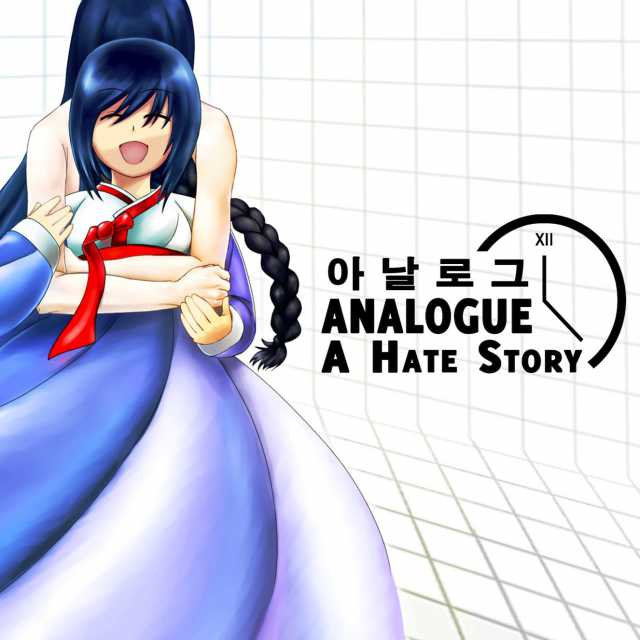
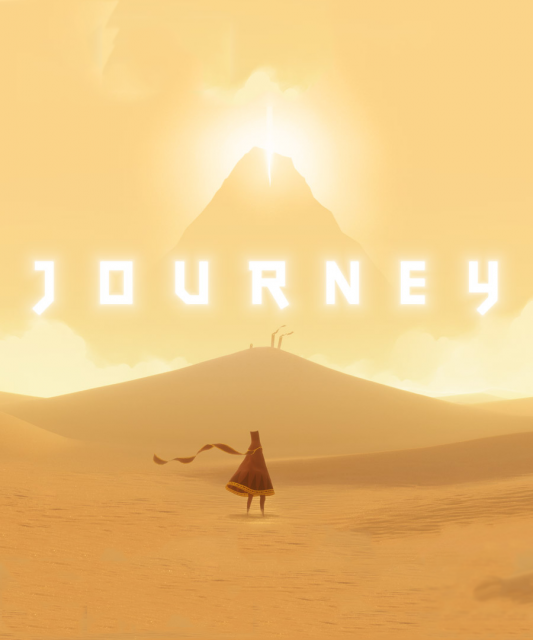
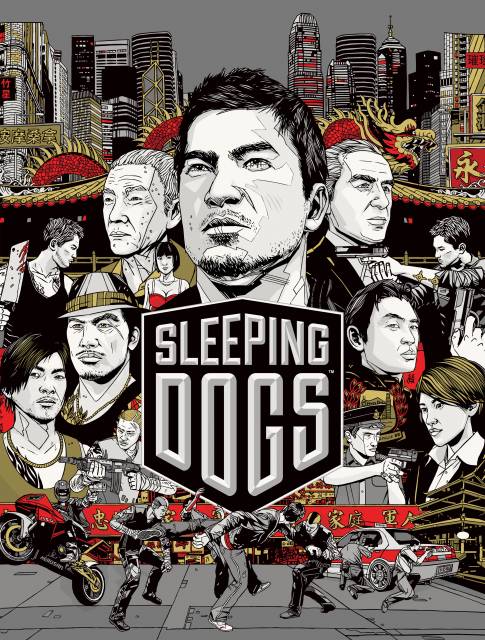
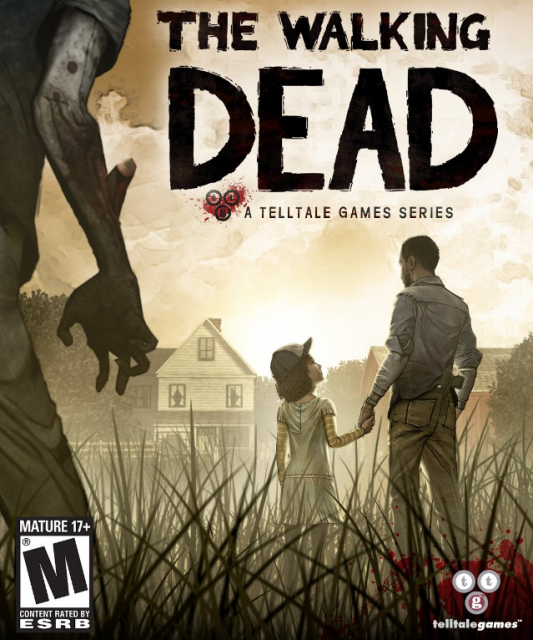
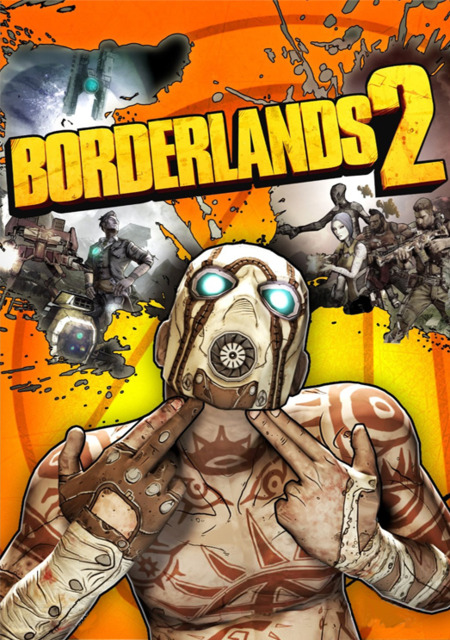
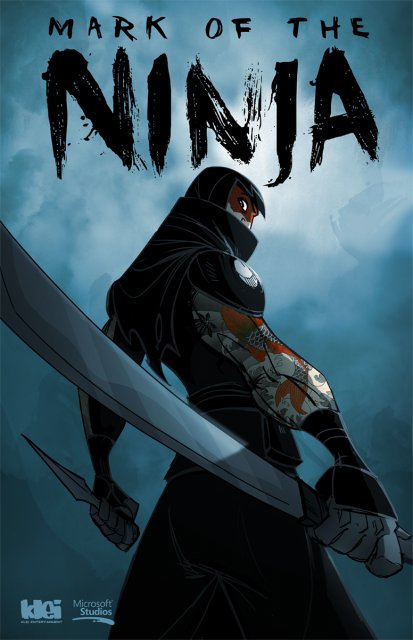
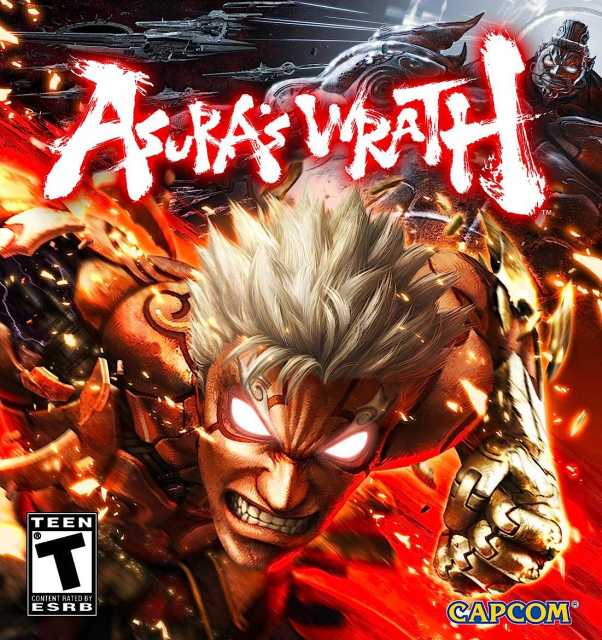
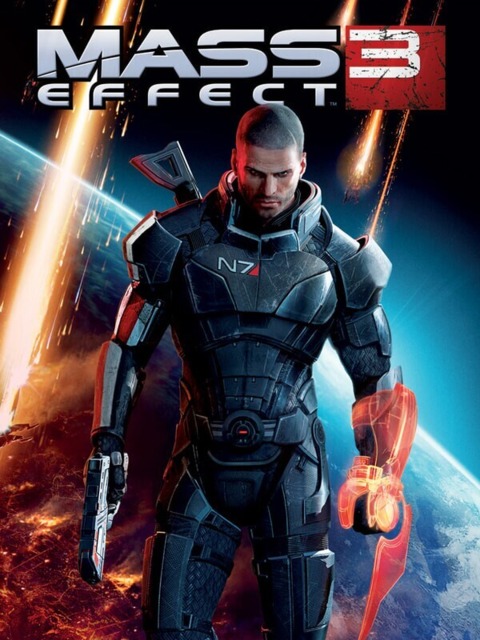
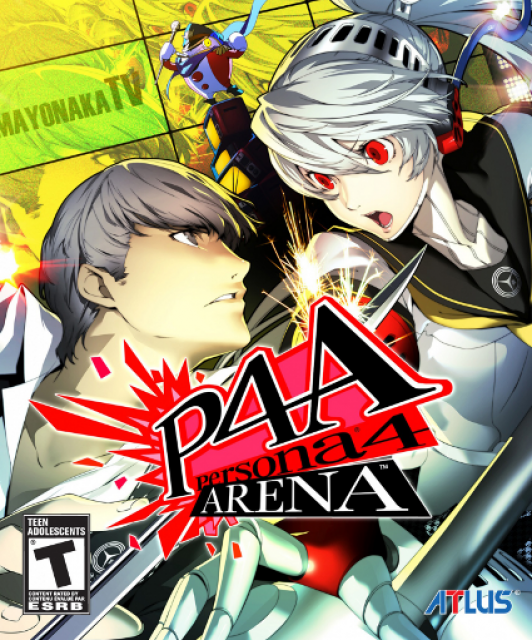
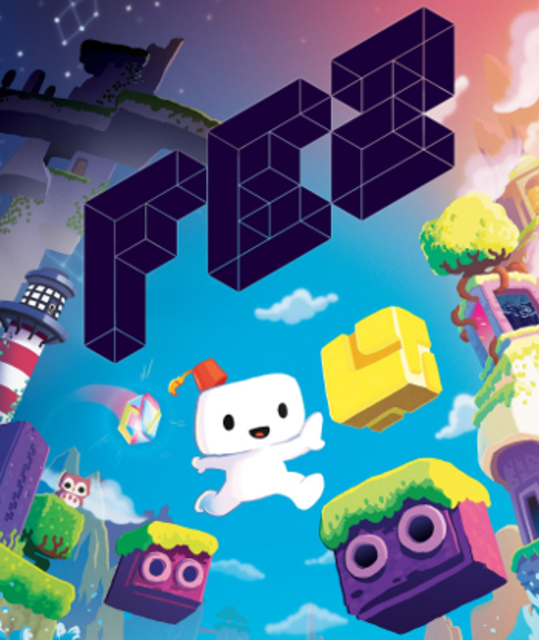
0 Comments